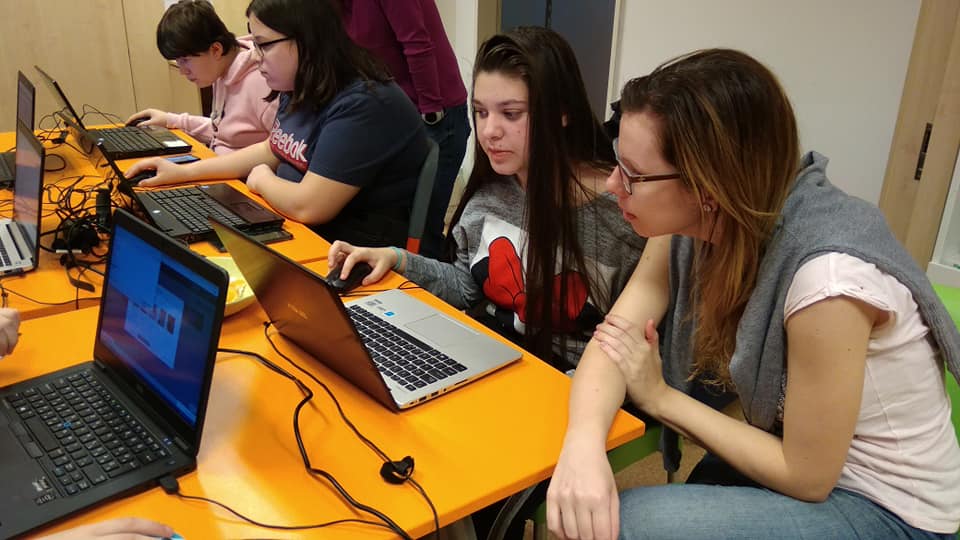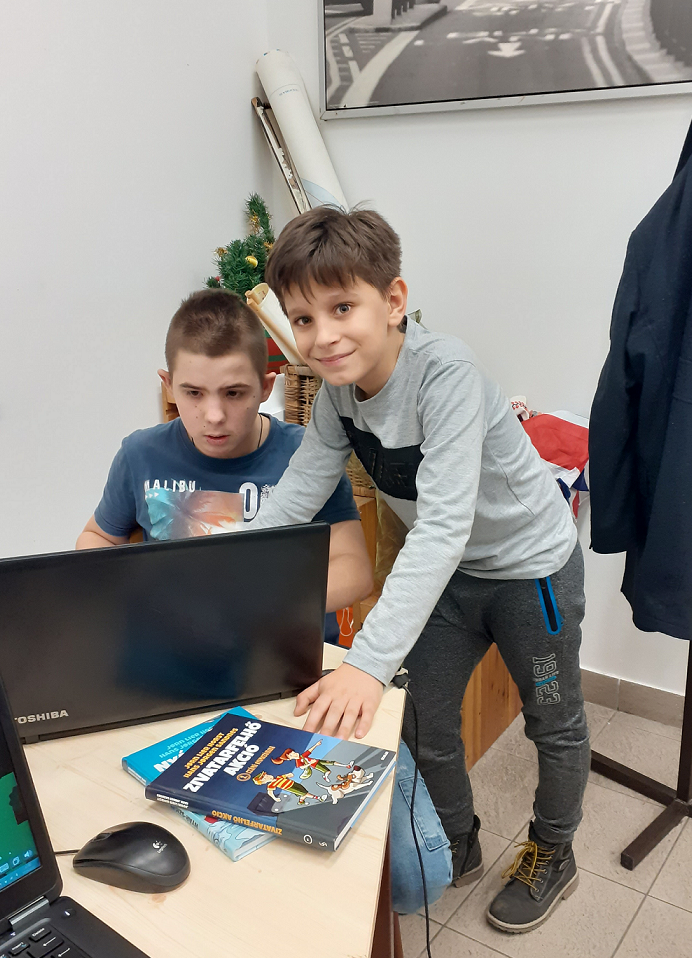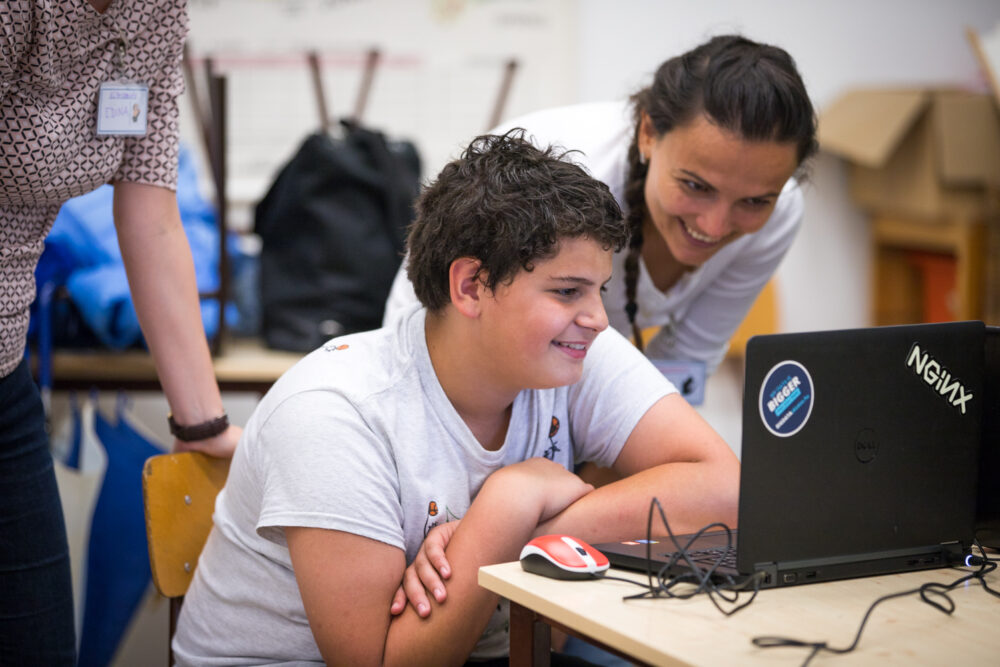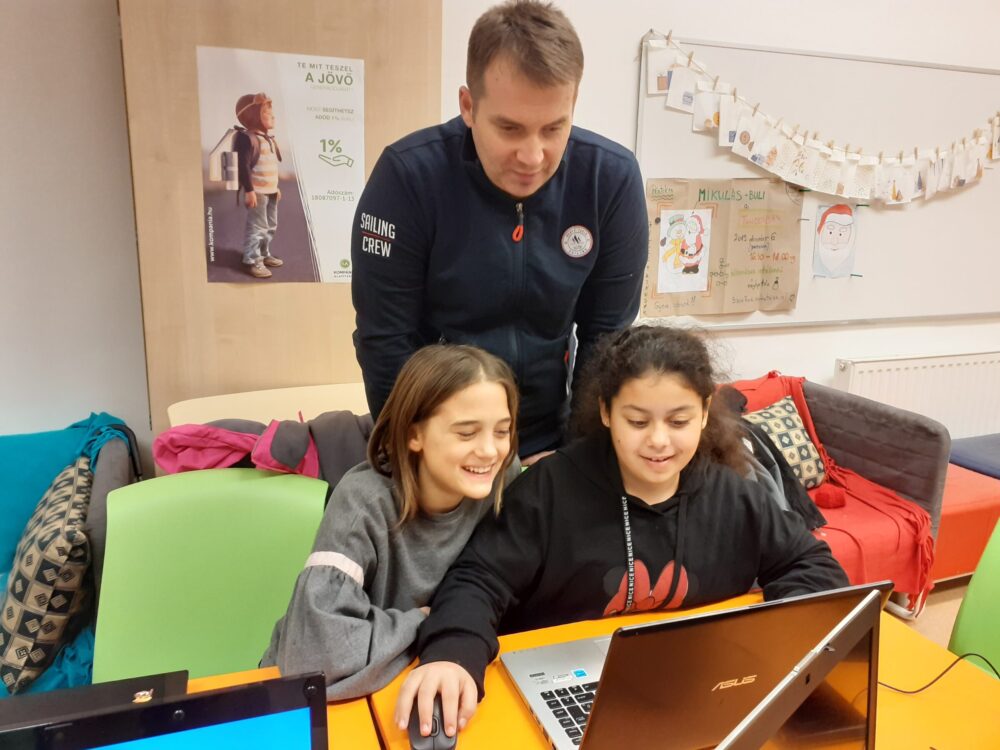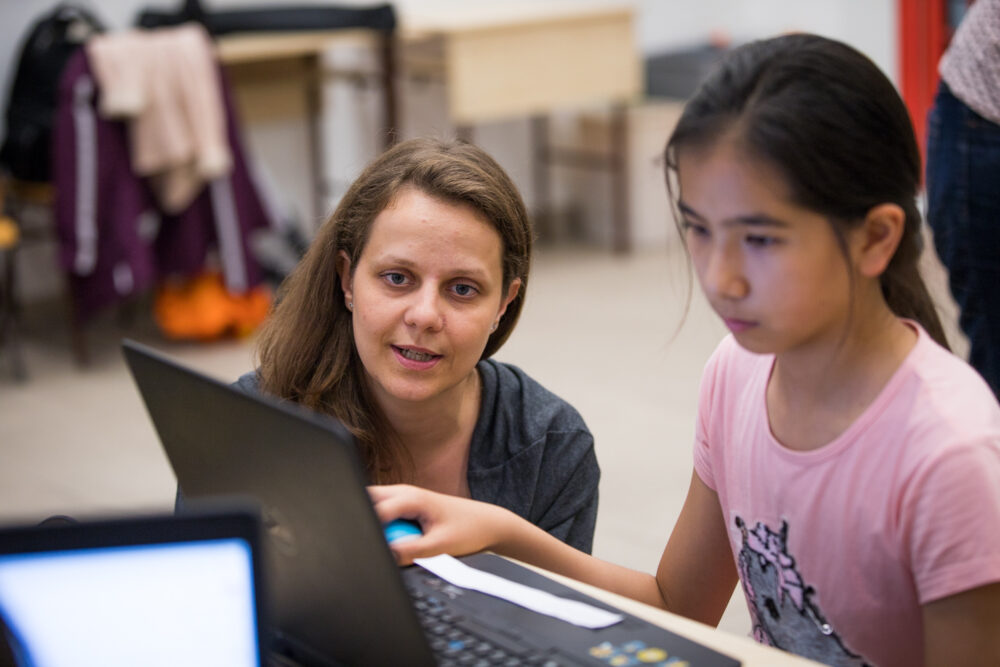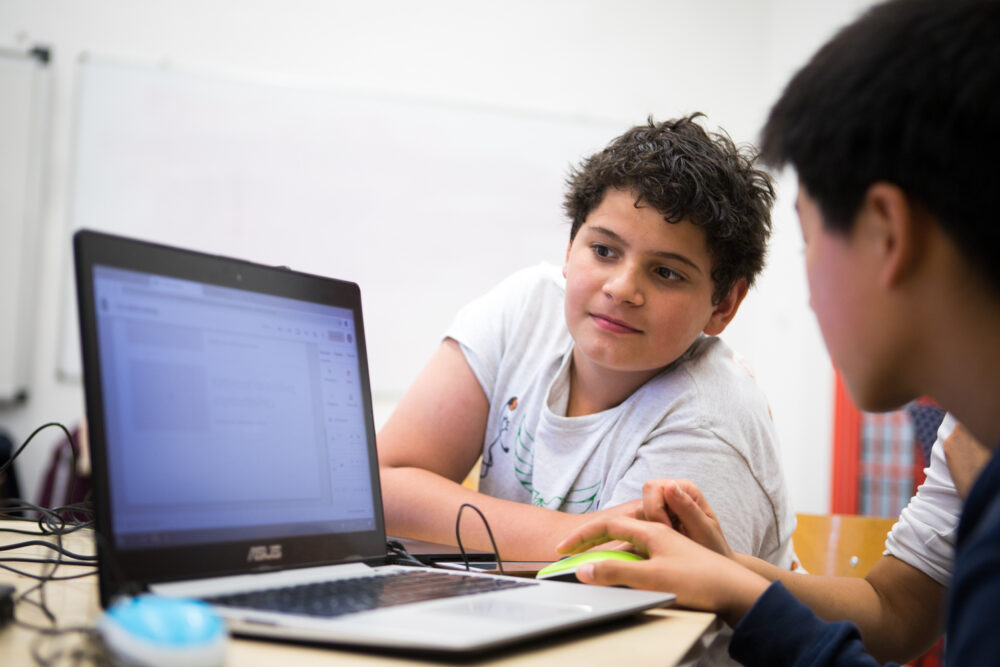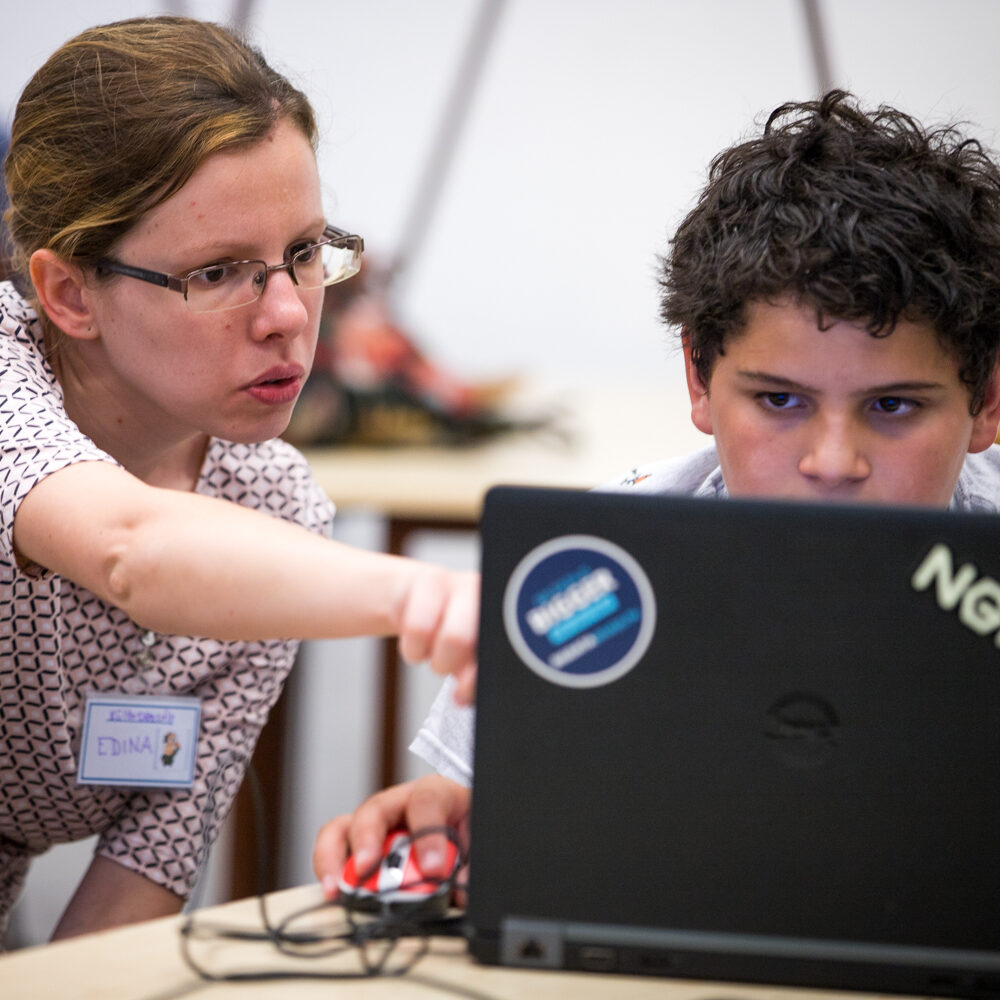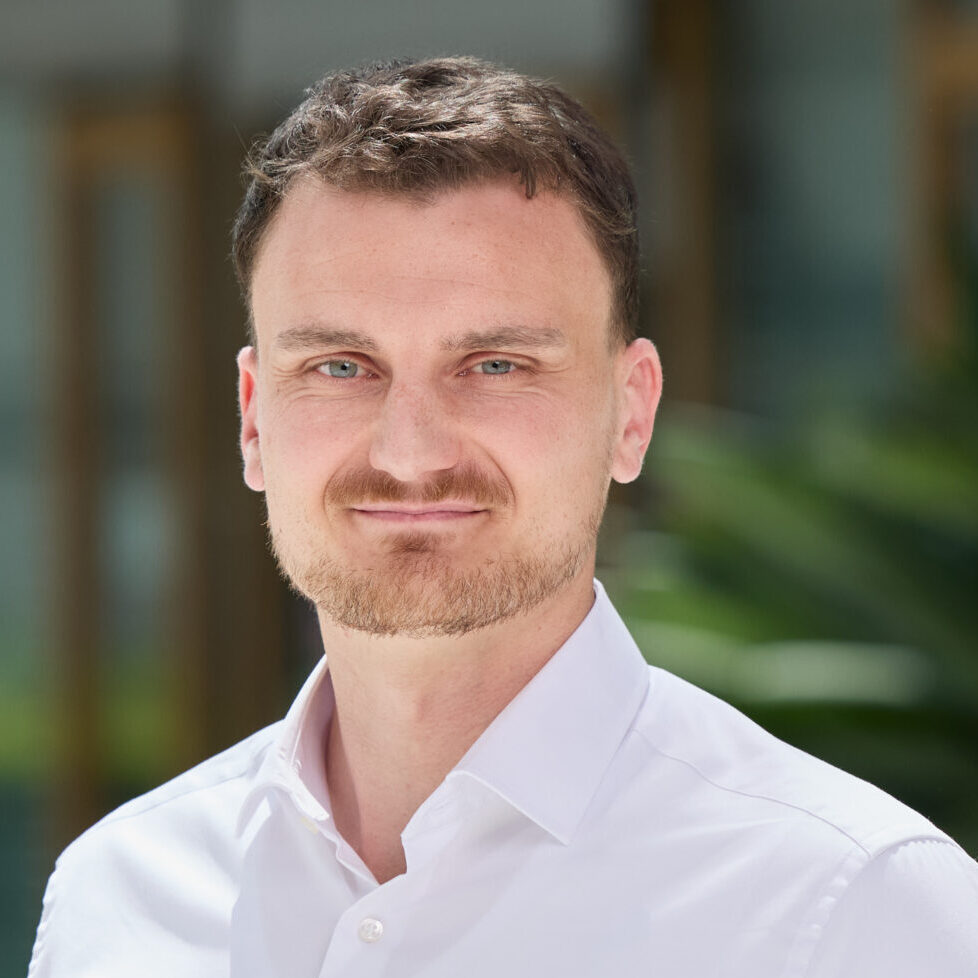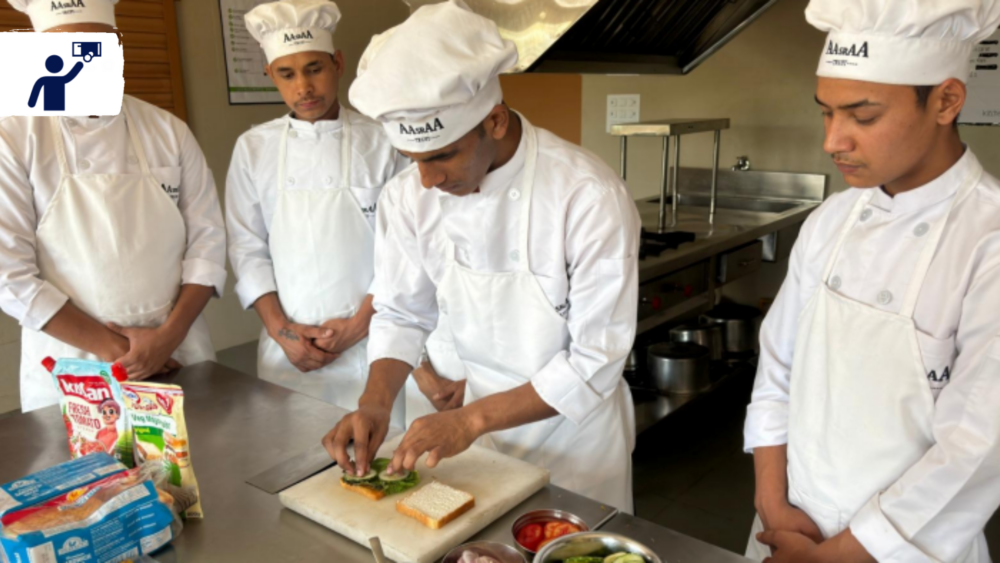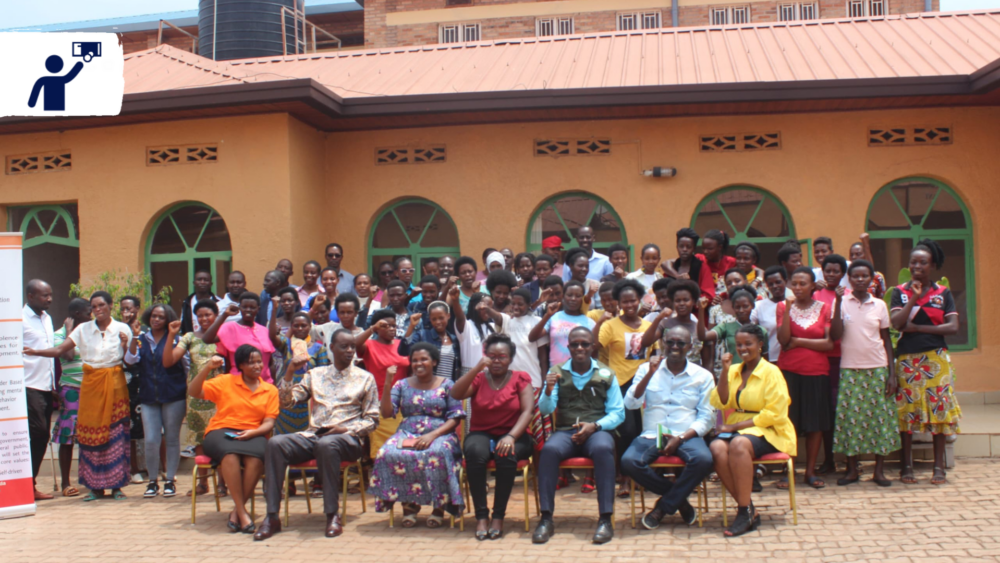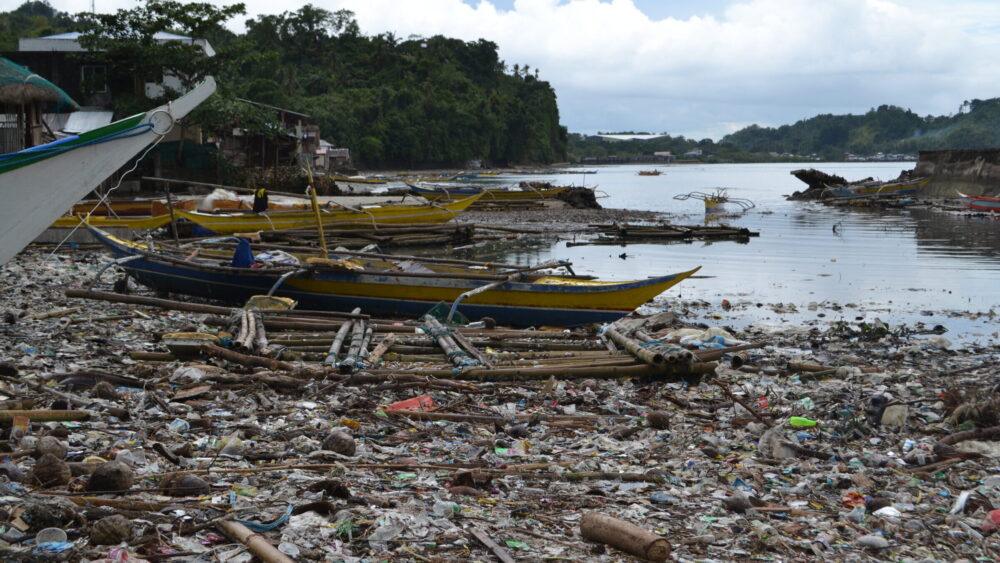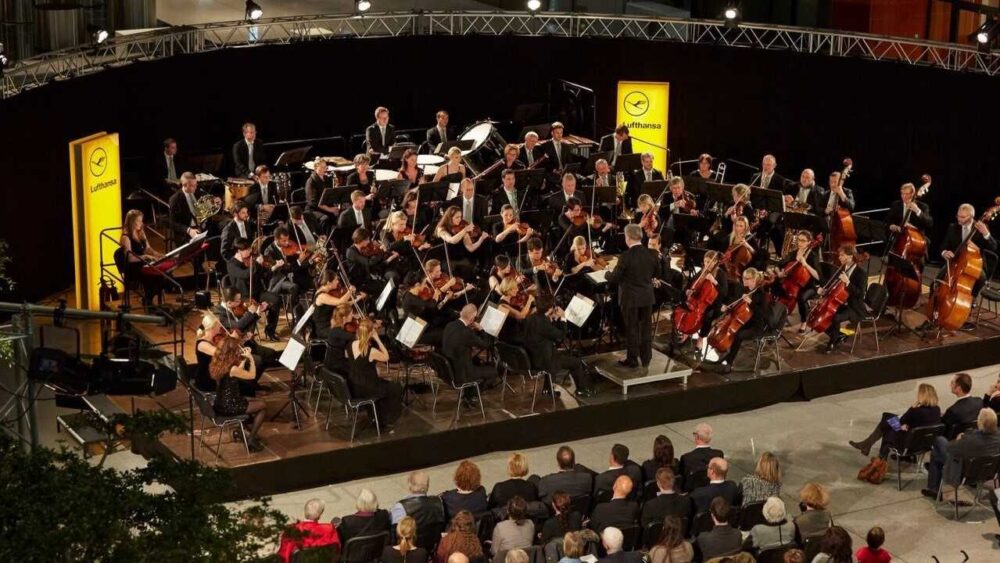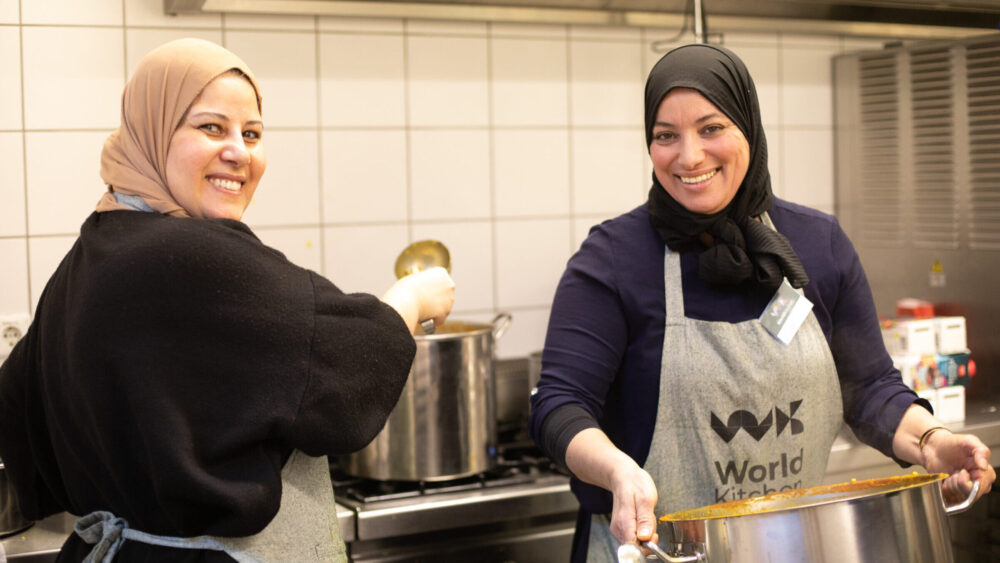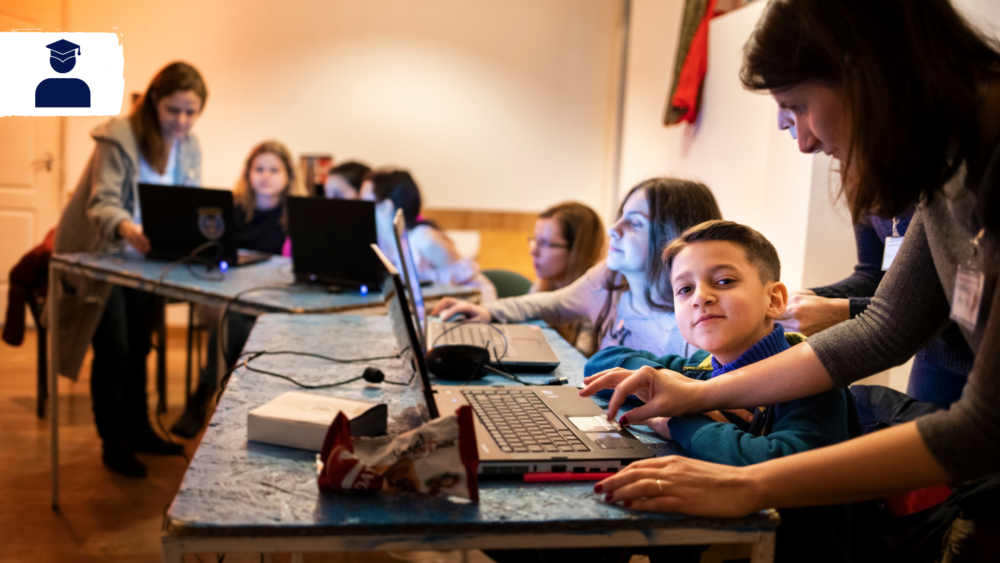
Digital Afternoon School, Budapest
The project contributes to developing the digital skills of children in Budapest, from socially vulnerable backgrounds. In the after-school program, children learn important skills to create digital content that enables them to communicate and cooperate, search, evaluate and understand data efficiently and safely.
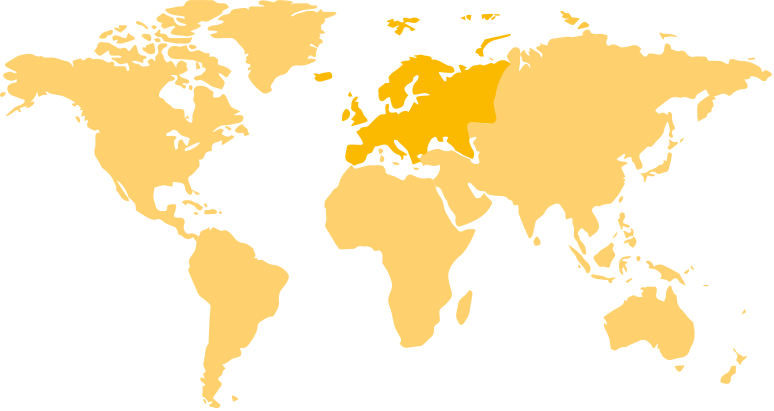
Project background
Whether it is creating presentations, writing homework on the PC for school or editing photos or videos for social media, the confident use of digital media has become an integral part of our everyday lives. Children who grow up using these media on a daily basis can learn the relevant skills all by themselves and use their knowledge to take off at school and in their private lives. Unfortunately, many children do not have access to digital education and these exciting technological opportunities. Today, there are more than 200,000 underprivileged primary and secondary school children in Hungary, which is about 2% of the country’s population. Most of these children belong to ethnic minorities and are taught in segregated classes or schools. Due to their circumstances, such as low family income and low parental education levels, these children face significant educational disadvantages and tend to drop out of school early.
To counteract this inequality, our partner organization Digi Tanoda is committed to providing children from socially disadvantaged families with access to the digital world. They have made it their mission to teach children how to consume and produce content consciously at an early age. With motivating learning methods and positive feedback, the project accompanies the children on their way to a successful school graduation. In the afternoon school, the children go through a long-term digital learning program in which they are taught different contents that they can apply independently in their future professional lives. The school offers a wonderful supplement to the technical school day.
Target group
Our project therefore aims to offer digital lessons in the afternoons for children between the ages of 8 and 14 and to support the children in learning how to deal with the digital world in a conscious and safe way. In this way, the children learn that they can be active creators of online content and not just passive consumers.
Project goals
The aim of the afternoon school project is to promote equal opportunities for underprivileged primary school pupils in Hungary by improving their digital and communication skills. Tanoda is a special kind of afternoon school, a way to support the education of disadvantaged children with extracurricular activities. Children learn different skills required for digital content creation in the after-school program, enabling them to communicate and cooperate efficiently and safely, search, evaluate and understand data. Thus, they learn to actively create digital content by learning the basics of website development, photo editing and also programming. In this way, the children’s digital awareness is improved and their chances at school and also on the labor market later on are significantly increased.
The children receive a lot of positive feedback during the programme – something they have mostly missed in their previous experiences. This strengthens their self-esteem and has a positive effect on their performance at school and later on the labor market.
What are you supporting
Your support finances the afternoon classes, such as the purchase of school materials and the employment of teachers and social pedagogues for the care of the children. These classes are offered in small groups of about 10 students and are supervised by teachers.

